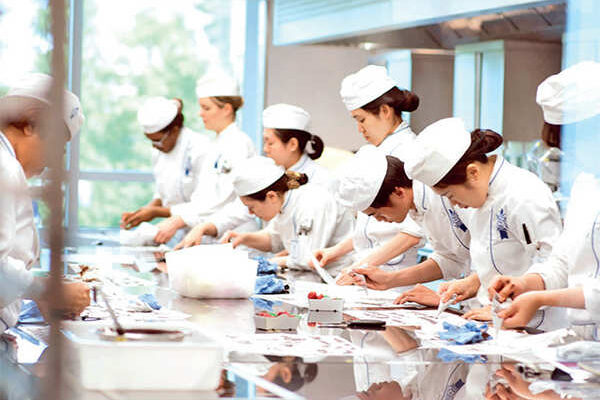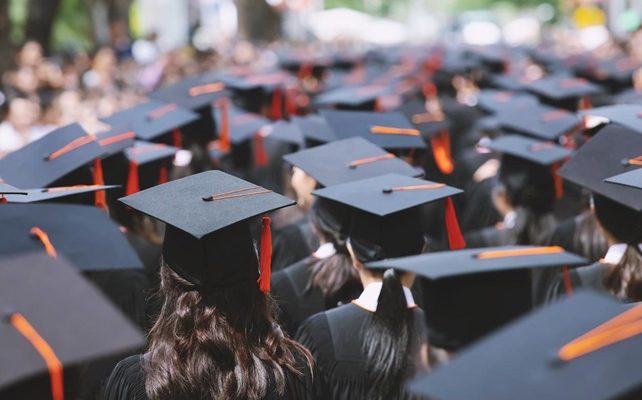
Many people wonder if opting for culinary arts colleges Bangalore with the pandemic still going on is a good option. Here are a few tips that you would learn in culinary school, but these may get missed out in online education:
- Reading Recipes The Right Way
As a beginner cook, learning to interpret a recipe is undoubtedly the most crucial skill you can acquire. It’s not only a matter of following the instructions and obtaining the necessary supplies. The Chefs would encourage the students to write the recipe in their own words to understand it better in class.
- Self-Assurance
This is the driving force behind most students’ decision to attend culinary school. The experience you will gain from a culinary school is not something you will gain online. Two factors contribute to this confidence: rapidity and patience. Culinary schools have a tight timetable, so there is not much time to second-guess oneself.
- How To Truss And Quarter A Chicken
You will learn how to quarter and truss a chicken in culinary school. This is not an easy technique. It will take time and patience for you to master. Thus, being in a culinary school, you can have someone show you the ropes making the learning process much more manageable.
- The Value Of A Paring Knife.
Most people emphasize the importance of an excellent chef’s knife, but a decent paring knife is crucial in any kitchen. Many aspiring chefs do not bother with a paring knife until culinary school. These are used for cutting and peeling vegetables, to remove the unsightly patches on potatoes, and any other minor tasks that the chef’s knife
- Superhero Ingredients
Butter provides richness, salt adds flavor, lemon adds freshness, and eggs are the miracle ingredient of the kitchen. You cannot achieve success in culinary arts if you miss out on any one of these ingredients.
- How To Thicken Sauces
A term used frequently in culinary school is nappe, which refers to when you place sauce on the spoon’s back and run a finger through it, leaving a mark. This is how you can tell when the thickness of the sauce is enough.
- How To Determine Whether Or Not The Oil Is Hot.
There are various methods for determining when oil is heated enough to begin cooking. However, in culinary school, there is another technique shown to students. This is, after putting the oil in the pan, swirl it around until you see little streaks called “fingers.” It always works!
- Make Do With What You Have.
In culinary school, making do with what you have was constantly emphasized. What if you don’t have any pot lids? Make use of parchment paper. Have no cheesecloth on hand for your bouquet garni? Make use of leek skins! Allowing a lack of something to stop you from making something in the kitchen is a mistake.
These are only a few tips. When you attend diploma courses in culinary arts in Bangalore, you will learn many more that will help fuel your career in culinary arts.






